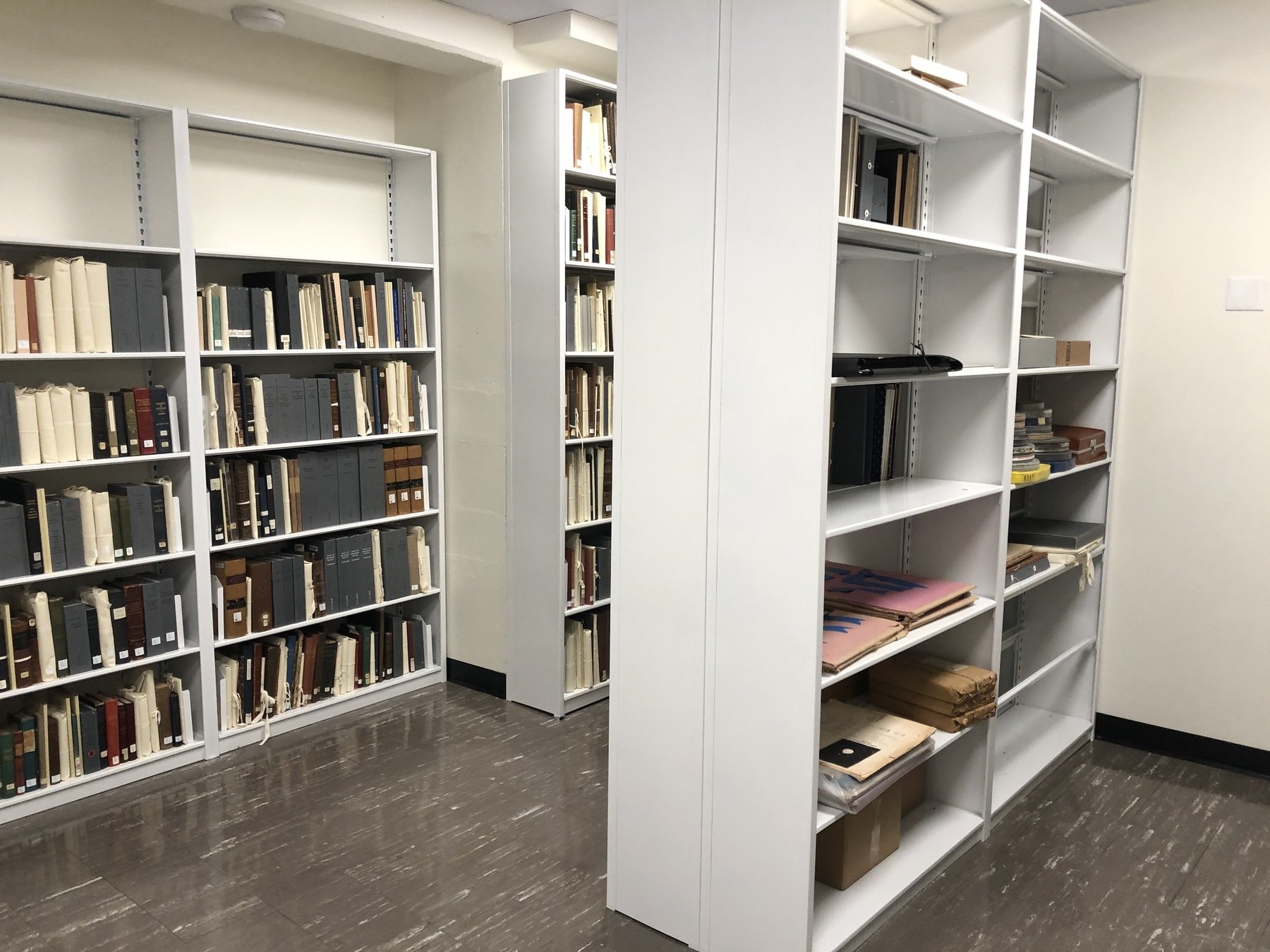Wolbach Library
2020 Update
Agenda
- Short introductions for new committee members
- Overview of the library's projects
- Updating Wolbach's Financial Strategy
- Collection Development and Maintenance
- Plans for Wolbach's Physical Space
- Library Committee meetings moving forward
Projects
Curation Projects
Original Resources
Preserving Harvard's Early Data and Research in Astronomy
We're done digitizing notebooks!

PHaEDRA Full-Text
Progress continues!
Smithsonian Transcription Center volunteers transcribe of the notebooks to make them full-text searchable on the ADS.

-
Zooniverse project to link notebooks to the glass plate collection.
- This will allow us to create a bridge between the modern scientific literature and 100 years of observations.



+
- enable access and reuse of scientific research artifacts
- help new communities participate in satellite missions
- engender public engagement with space science
Open, collaboratively-developed metadata to support the future of space exploration.
- Written in JSON-LD
-
Example schemas for specific use cases:
- Observation: Scheduling an observation through a ground station network (e.g., SatNOGS).
- Space Segment: Describing a space mission and associated spacecraft.
- Ground Segment: Describing a ground station and other ground-based components.

Library Space Technology Network
- Pilot project to install open satellite ground stations in public libraries around the world
- Working with MIT and NASA to develop educational materials that support communities participating in the pilot


An open, interoperable, community-supported thesaurus to unifies existing divergent and isolated thesauri into a single high-quality, freely-available open-source thesaurus.
-
Implemented last year by the AAS
- Now part of the AAS governance structure
- Expanding adoption
- Curation of the UAT continues to be led by Wolbach's Assistant Head Librarian, Katie Frey
Journal costs continue to rise (~7% inflation this year)
To take on new activities we have cut subscriptions, won grants, and developed project-based partnerships
Continuing to cut serial subscriptions is not sustainable
New subscriptions will be needed as Astronomy becomes more interdisciplinary and the CfA’s research focus evolves.
The Library needs to bring in more external funding and build relationships with new communities.
Finances
Proposal for FY21
- Decrease the library’s operations budget from the SAO Trust
- Hire a Trust-funded CfA Archivist
Hiring a CfA Archivist will help the library bring in external funding for new projects and resources so that stable internal funding can better support collection development.
Interest in the CfA’s history is increasing.
We have a unique chance to bring in resources from new sources, showcase the historic work done here, and call attention to the science that our researchers continue to do.
Impact of Updates on Library Budgets
Reducing Wolbach’s non-salary budgets and hiring a Trust-funded Archivist will bring the library’s non-salary expenses close to equity and make our salary budgets reflect the makeup of the CfA population:
Salary Budget Split
HCO: 23.79%
SAO: 76.21%
Non-Salary Budget Split
HCO: 47.79%
SAO: 52.21%
The distribution of costs associated with journal inflation will also be shared more equitably.
In FY21 we assume a 7% rise in Wolbach’s journal costs and request operational increases totaling 6.84%:
HCO 2.15% SAO 4.69%
Your support would be appreciated as I push for these changes.
Collection
Development & Maintenance
-
Survey: community collection use and format preferences (Spring 2018)
- Overwhelming preference for electronic access to journals; plurality state preference for print books over e-books
-
Deduplication (2018-2019)
- Essentially a pilot program for future collection management efforts
- Removed ~5000 duplicate items, while still controlling for valuable and high-use titles
-
Journal shift (2019-present)
- Only keeping most recent 10 years of print journals on-site, in accordance with common Harvard Library practice
- Exceptions include HCO, SAO annual reports and other important institutional titles
- Offsite volumes will be requestable via HOLLIS
- Only keeping most recent 10 years of print journals on-site, in accordance with common Harvard Library practice
Weeding (near future 2020)
- Analyze print collection to highlight important historical works and association copies
- Apply collection management criteria (popularity, relevance, authority, physical condition) to rest of collection
- Withdraw "easy cuts" and generate lists of "borderline" titles for community input (best method to be determined)
These processes will be used to update Wolbach's Collection Development Policy and create a Collection Maintenance Policy
Physical Space

Creating isolated spaces within the library will:
- prevent sound on the upper floor and open spaces from being disruptive
- allow us to create more of a "Commons" space on the upper floor (e.g., nicer coffee setup, changes to the layout/furniture)

Major Progress!
New archival storage space
(Naming/Donation opportunity)
Immense potential if we hire a dedicated archivist.


Video wall installation in March!
This fall we finished a new ADS office space
